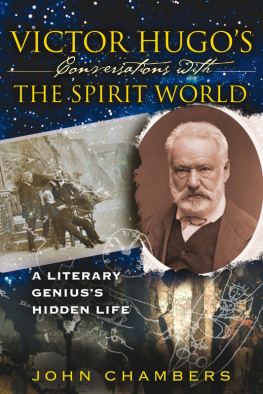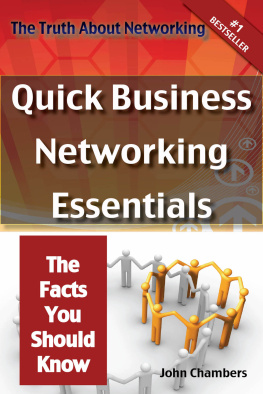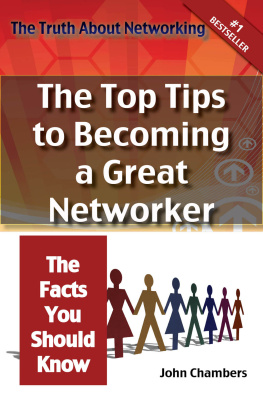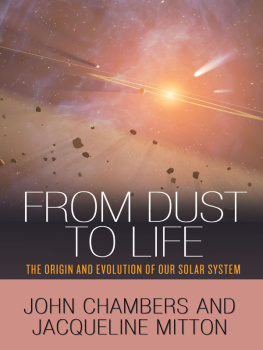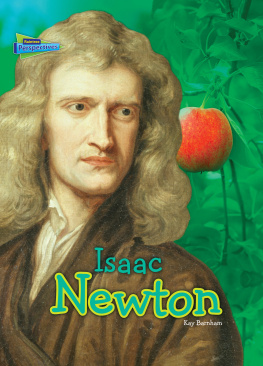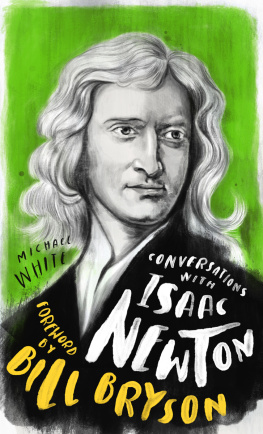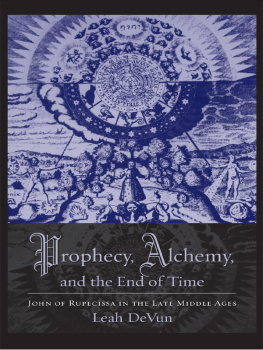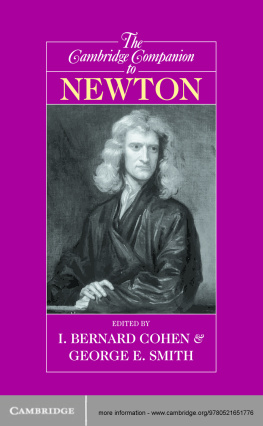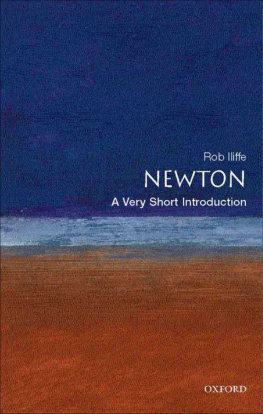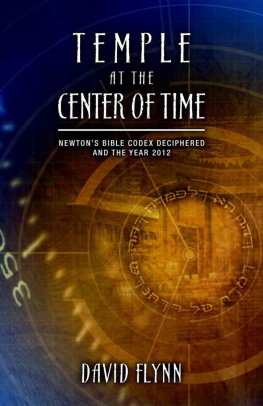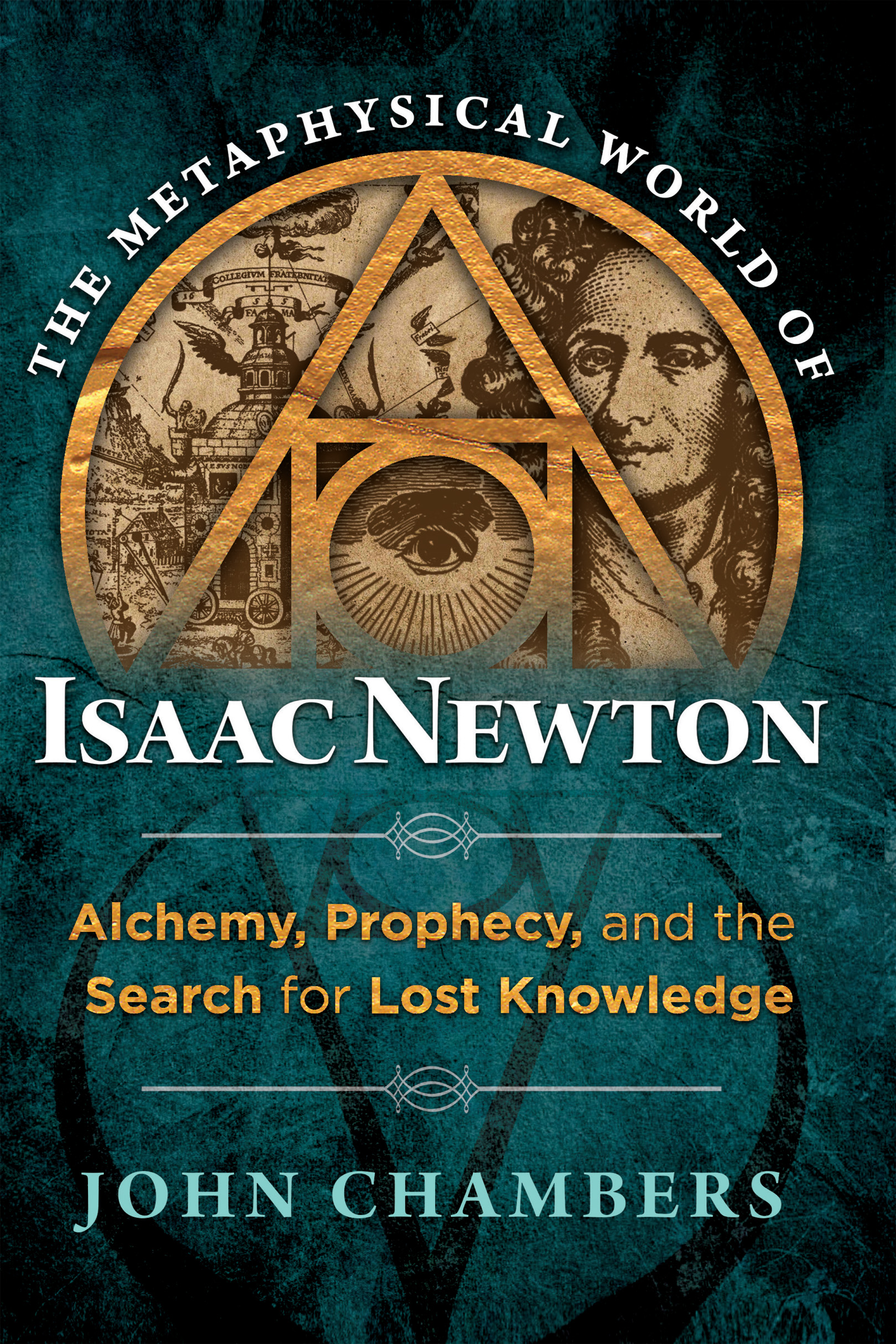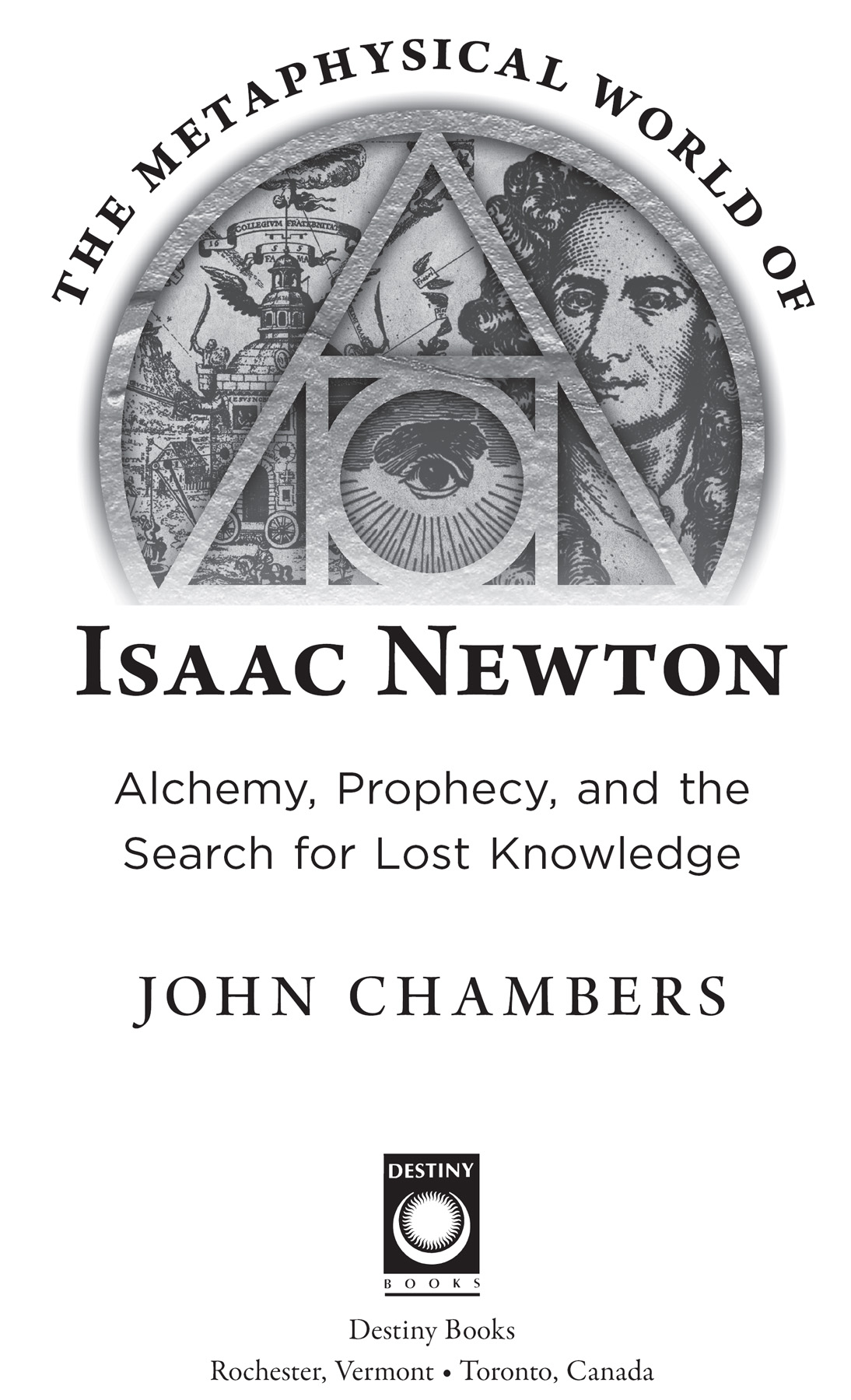John Chambers - The Metaphysical World of Isaac Newton: Alchemy, Prophecy, and the Search for Lost Knowledge
Here you can read online John Chambers - The Metaphysical World of Isaac Newton: Alchemy, Prophecy, and the Search for Lost Knowledge full text of the book (entire story) in english for free. Download pdf and epub, get meaning, cover and reviews about this ebook. year: 2018, publisher: Destiny Books, genre: Religion. Description of the work, (preface) as well as reviews are available. Best literature library LitArk.com created for fans of good reading and offers a wide selection of genres:
Romance novel
Science fiction
Adventure
Detective
Science
History
Home and family
Prose
Art
Politics
Computer
Non-fiction
Religion
Business
Children
Humor
Choose a favorite category and find really read worthwhile books. Enjoy immersion in the world of imagination, feel the emotions of the characters or learn something new for yourself, make an fascinating discovery.

- Book:The Metaphysical World of Isaac Newton: Alchemy, Prophecy, and the Search for Lost Knowledge
- Author:
- Publisher:Destiny Books
- Genre:
- Year:2018
- Rating:4 / 5
- Favourites:Add to favourites
- Your mark:
The Metaphysical World of Isaac Newton: Alchemy, Prophecy, and the Search for Lost Knowledge: summary, description and annotation
We offer to read an annotation, description, summary or preface (depends on what the author of the book "The Metaphysical World of Isaac Newton: Alchemy, Prophecy, and the Search for Lost Knowledge" wrote himself). If you haven't found the necessary information about the book — write in the comments, we will try to find it.
Shows how Newtons brilliance extended far beyond math and science into alchemy, spirituality, prophecy, and the search for lost continents such as Atlantis
Explains how he was seeking to rediscover the one true religion that existed prior to the Flood of Noah, when science and spirituality were one
Examines Newtons alternate timeline of prehistory and his study of prophecy through the Book of Revelations, including his prediction of Apocalypse in the year 2060
Isaac Newton (1643-1727) is still regarded by the world as the greatest scientist who ever lived. He invented calculus, discovered the binomial theorem, explained the rainbow, built the first reflecting telescope, and explained the force of gravity. In his famous masterpiece, Principia Mathematica, he described the mechanics of the physical universe with unimagined precision, proving the cosmos was put together according to laws. The perfection of these laws implied a perfect legislator. To Newton, they were proof that God existed.
At the same time Newton was writing Principia Mathematica, he was writing a twin volume that he might have called, had it been completed, Principia Theologia--Principles of Theology. This other masterpiece of Newton, kept secret because of the heresies it contained, consists of thousands of essays providing equation-incisive answers to the spiritual questions that have plagued mankind through the ages. Examining Newtons secret writings, John Chambers shows how his brilliance extended into alchemy, spirituality, the search for lost continents such as Atlantis, and a quest to uncover the corrupted texts that were rife in the Bibles of his time. Although he was a devout Christian, Newtons work on the Bible was focused not on restoring the original Jewish and Christian texts but on rediscovering the one true religion that existed prior to the Flood of Noah, when science and spirituality were one.
The author shows that a single thread runs through Newtons metaphysical explorations: He is attempting to chart the descent of mans soul from perfection to the present day. The author also examines Newtons alternate timeline of ancient history and his study of prophecy through the Book of Revelations, including his prediction of an Apocalypse in the year 2060 followed by a radically transformed world. He shows that Newtons great hope was that these writings would provide a moral compass for humanity as it embarked upon the great enterprise that became our technological world.
John Chambers: author's other books
Who wrote The Metaphysical World of Isaac Newton: Alchemy, Prophecy, and the Search for Lost Knowledge? Find out the surname, the name of the author of the book and a list of all author's works by series.

